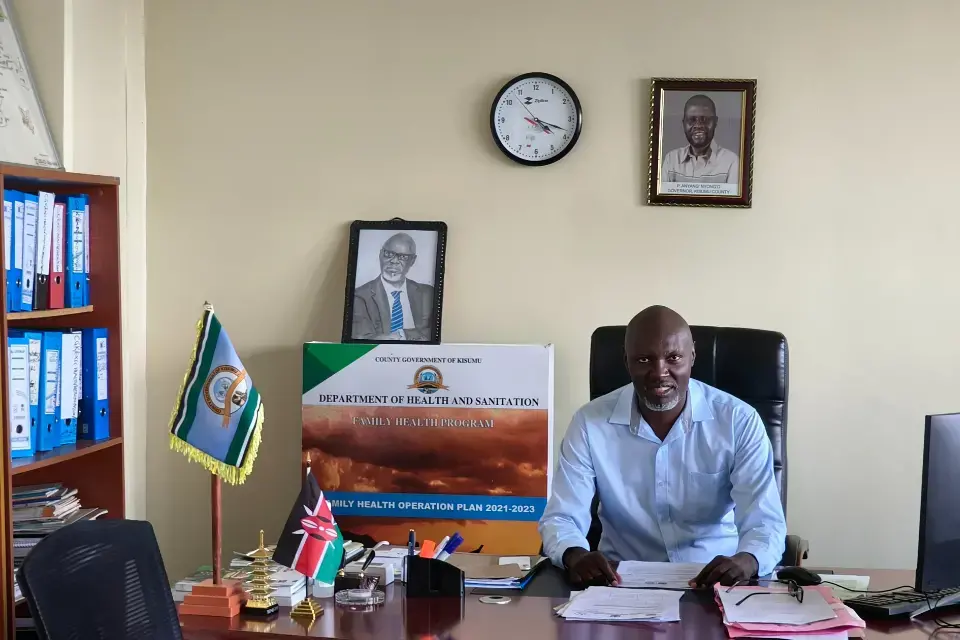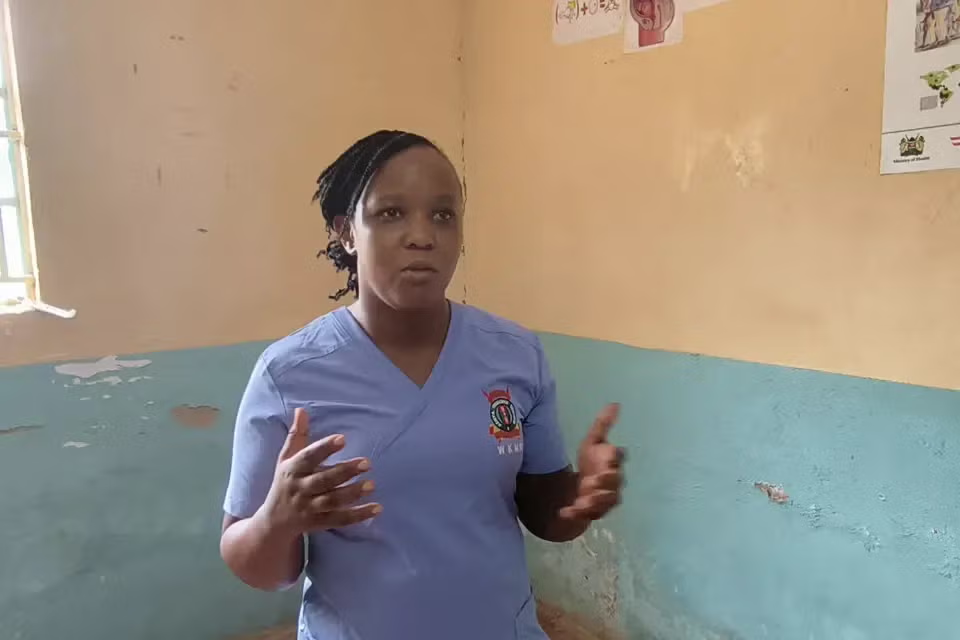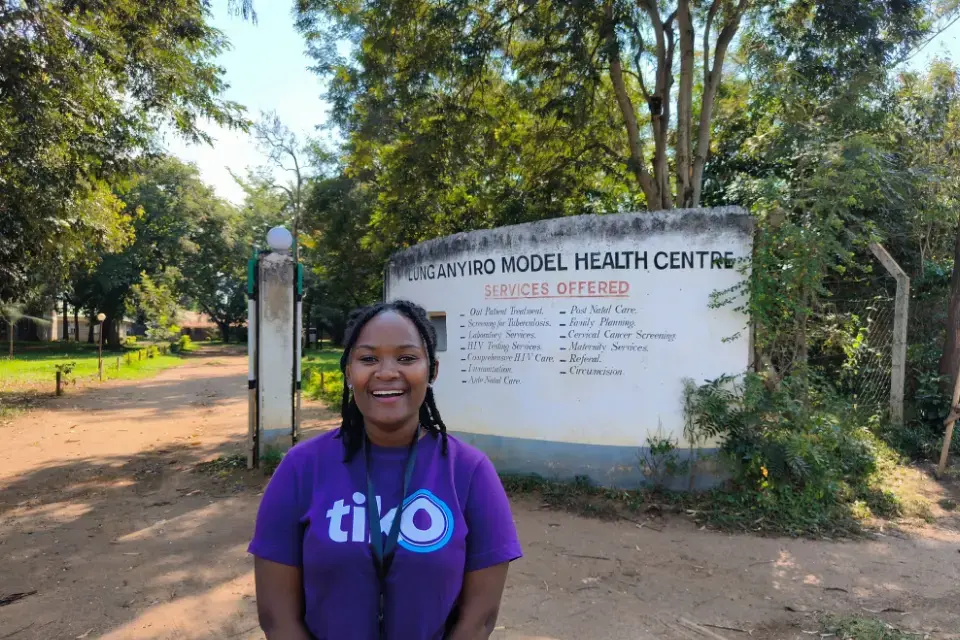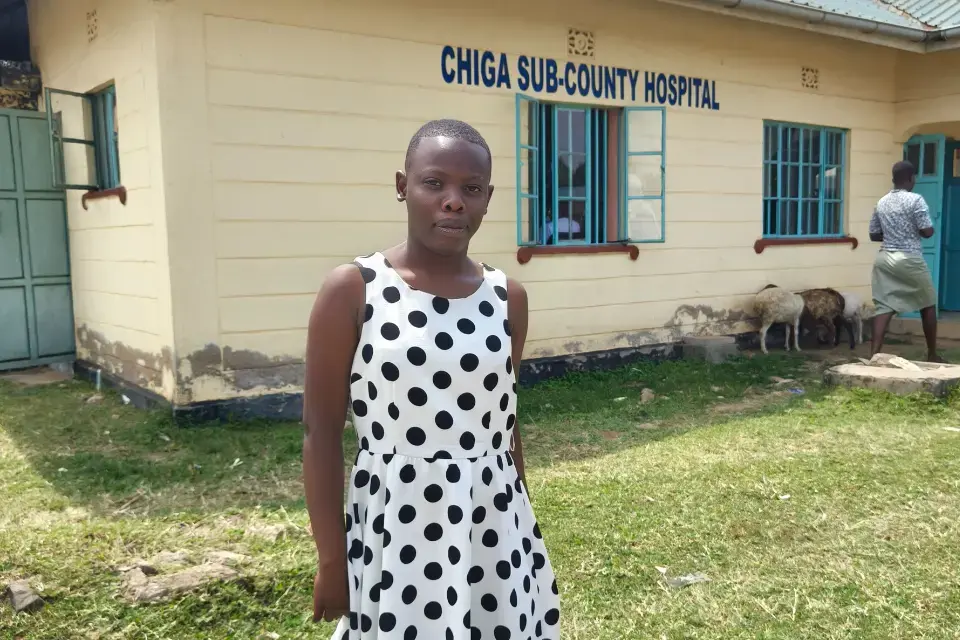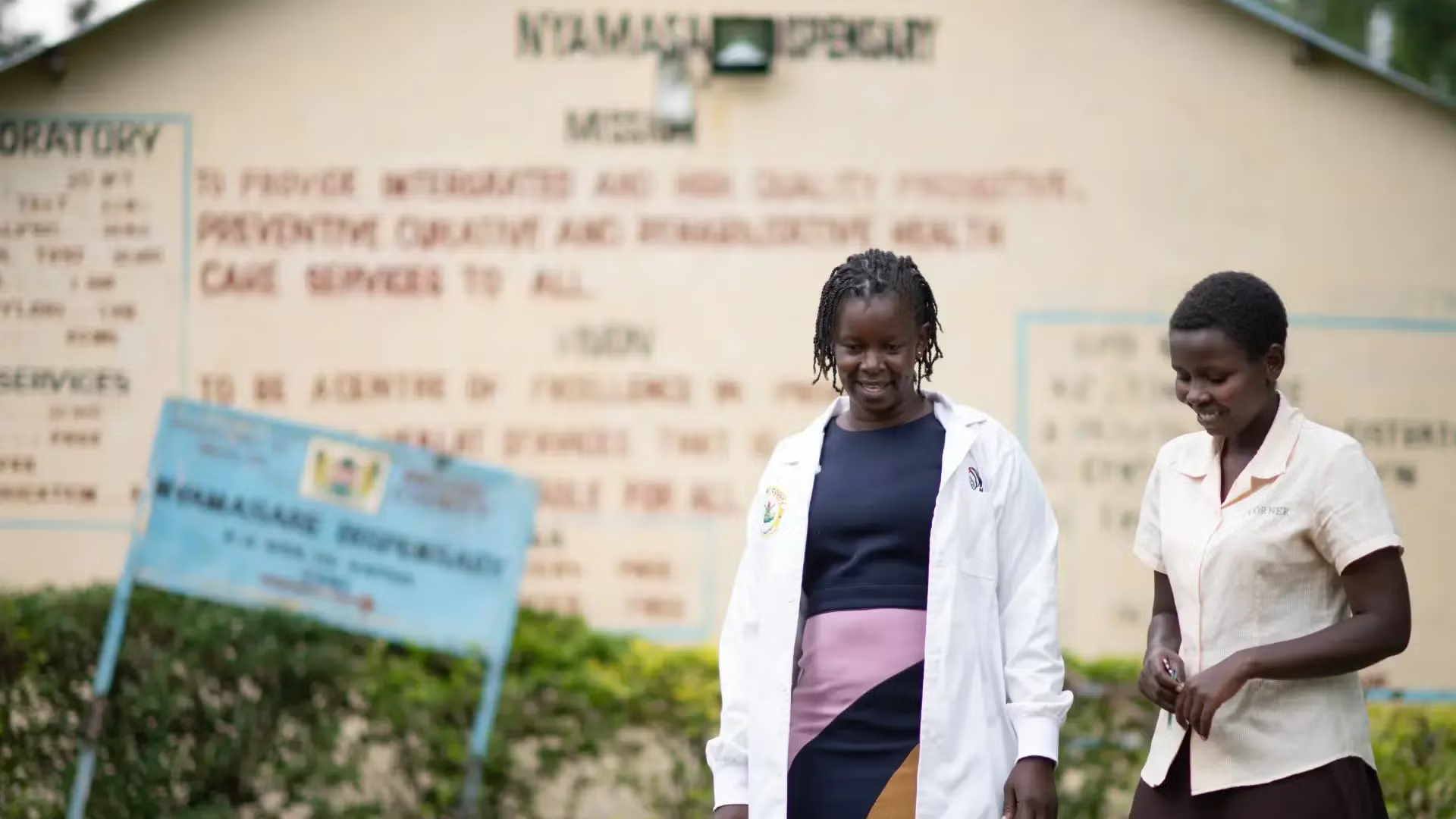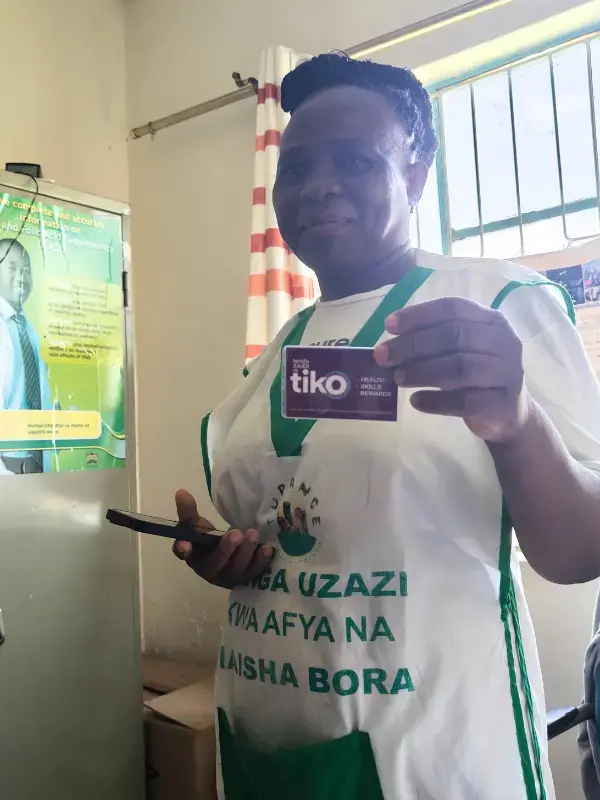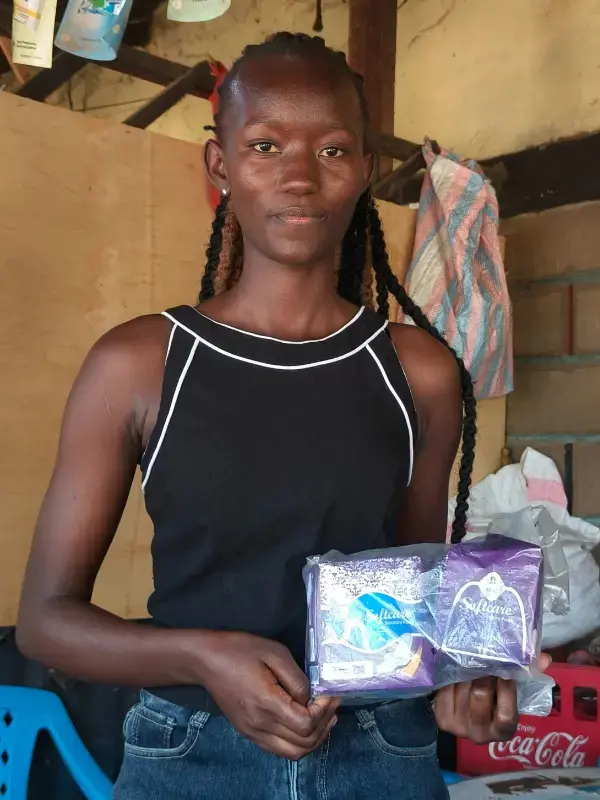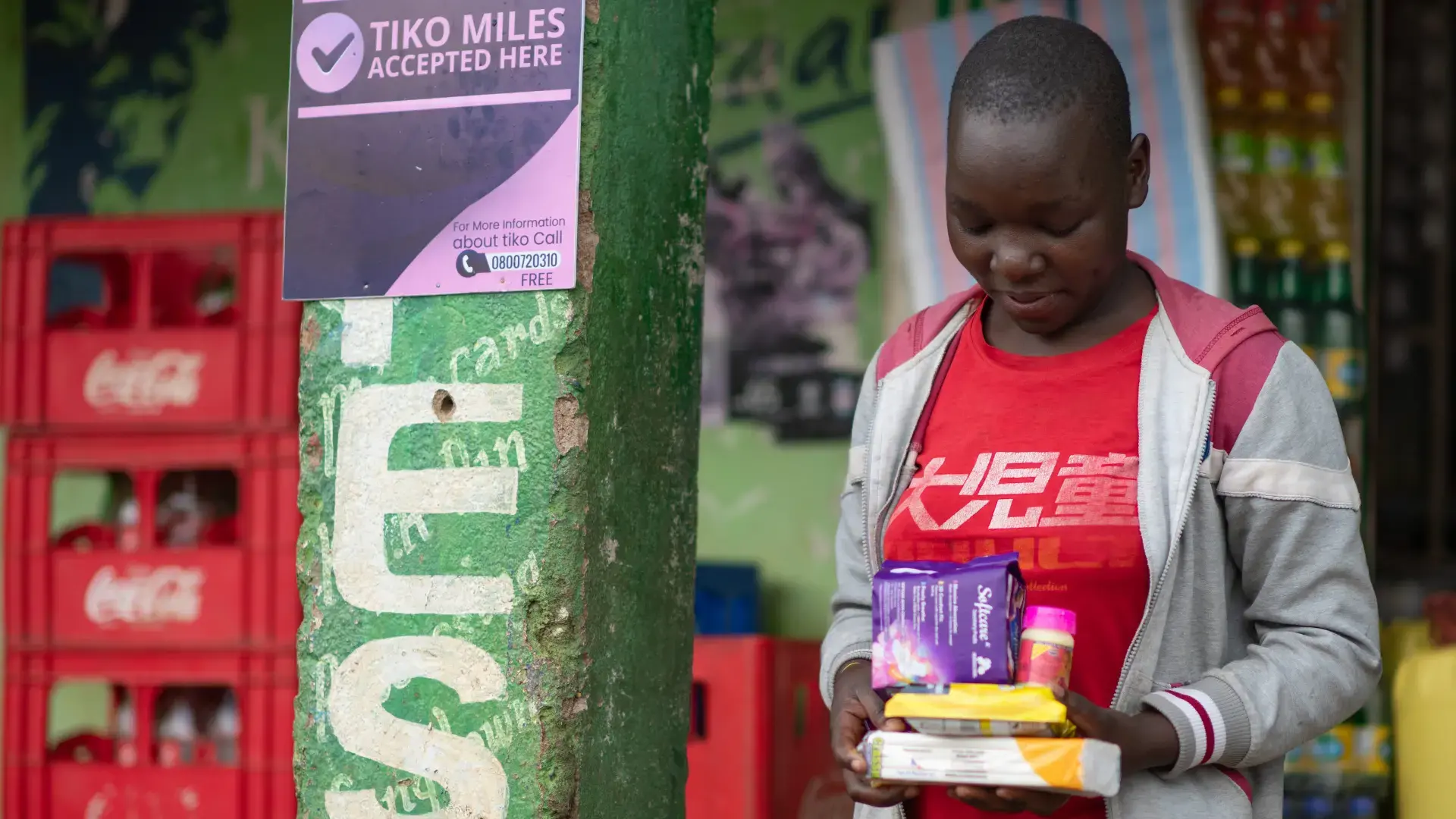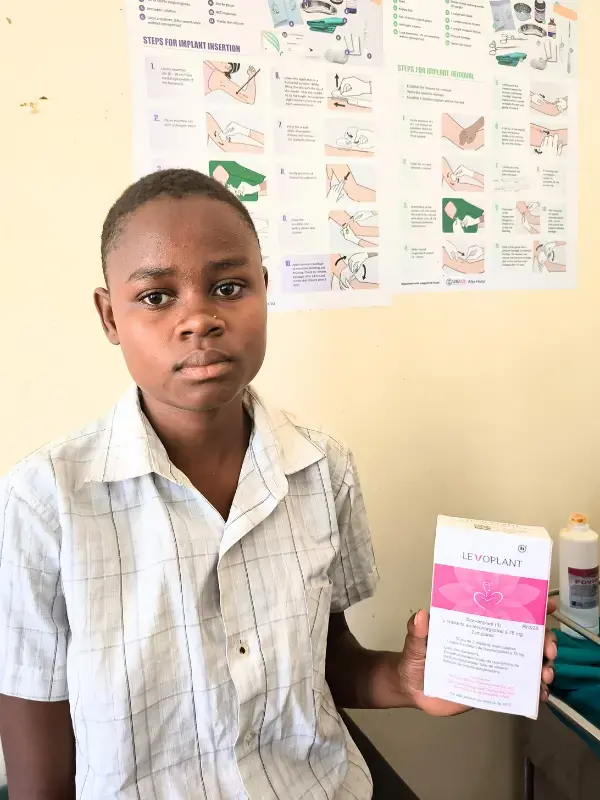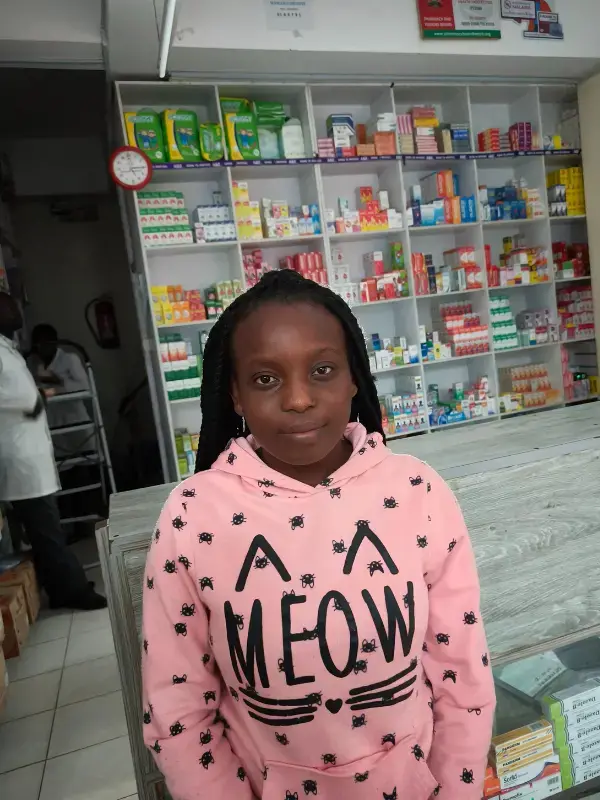Photos
Expanding Health Access: ASRH Development Impact Bond Empowers Girls in Kisumu & Kakamega
Picture a classroom in Kakamega County with 20 teenage girls. Statistics suggest that at least three of them will experience teenage pregnancy. In a similar classroom in Kisumu County, two girls face the same challenge. These numbers, drawn from the 2022 Kenya Demographic and Health Survey highlight the prevalence and urgent reality of teenage pregnancy. In 2022, more than half of all AIDS-related deaths among adolescents aged 10-19 years occurred in just ten counties, including Kisumu and Kakamega. The two counties are among those with the highest burden of teenage pregnancy and new HIV infections among adolescents in Kenya.
A groundbreaking innovative financing initiative is changing the lives of young people in these counties. The Adolescent Sexual and Reproductive Health Development Impact Bond (ASRH DIB) program, a collaborative effort between the United Nations in Kenya, the Ministry of Health, and development partners is building an ecosystem that aims to empower adolescents to take control of their health and futures. The program mobilizes private and public sector financing to support the provision of youth-friendly sexual and reproductive health services in counties with the highest burden of teenage pregnancy and HIV infections in Kenya.
By ensuring access to quality services including family planning, HIV prevention, testing, and care services, the program is helping to ease the burden of teen pregnancy and HIV that continues to threaten the future of adolescent girls in both Kisumu and Kakamega.
Photo Credits: UNFPA/Zipporah Gathiti, and UNAIDS

